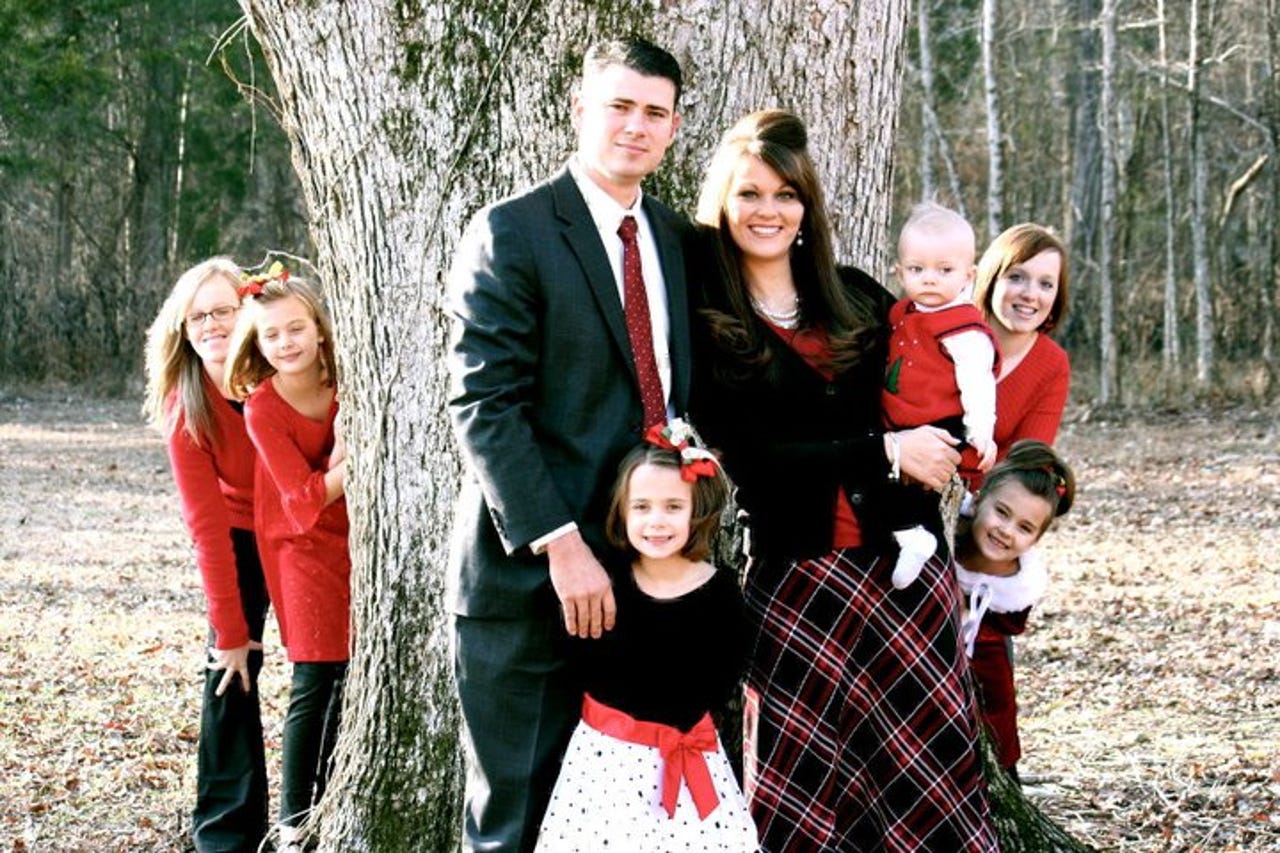Sen. McGill’s wife defends marriage on Facebook in plea to go viral

Shadrack McGill is Senator of Alabama. His wife Heather looks after his Facebook page and manages his Facebook messages. Last week the emails from women ‘inviting him to explore’ got too much and she lashed out.

‘This may go viral and if so my prayer is that it strengthens marriages and families across this district, our state, and our country!’
‘Multiple times since being in office he has gotten emails from women (who may not even be real) inviting him to explore, also sending pictures of themselves. NO MORE!!!’
Heather McGill also threatened to ‘publicly share’ names of the women making the approaches to her husband before the couple unfriended them.
The post went far wider than she expected, quickly getting coverage on local and national news.
It prompted a flood of comments and support from well wishers. Mrs McGill posted again about the ‘Internet and media outlets that solicit men and women’ going on to talk about the ‘moral decay that is destroying our homes’.
Facebook and Twitter status updates can quickly riple out far beyond initial expectations
In 2011 a photographer refused to take photographs of high school girls that were bullying other girls on Facebook. She said ‘If you are ugly on the inside, I’m sorry but I won’t take your photos to make you look pretty on the outside!’ Her Facebook update and blog post quickly went viral.
In Summer 2012 Shell Oil had an on-going social media nightmare over its Artic drilling project with fake Twitter accounts purporting to be Shell responding to the Artic drilling spoof site, created by Greenpeace.
In January Applebee’s fired a waitress for posting an image of a receipt to Reddit. The tip on the receipt had been reduced from the automatic 18 per cent added to the bill. Pastor Alois Bell had written on the receipt “I give God 10% why do you get 18?”
Applebee’s explained why it fired the waitress, adding extra context about the ‘unfortunate situation’ and apologising to the guest.
Sam and Amy Bouzaglos from Amy’s Baking Company did not expect their outbursts and meltdown on Facebook to reach the epic proportions that it did, reaching far and wide.
In Singapore, the Hello Kitty promotion resulted in sales exceeding expectations. Customers were unable to order the Witch Kitty through online McDeliveries ordering system resulting in a flood of complaints on Facebook.
Last week a local charter boat captain got angry with a cyclist Jay Riley in Portland, Maine as he made his commute home. Riley posted videos and updates of the altercation on Facebook.
The deep sea fishing captain lost several sponsors for his cable TV show as a result of the incident.
The challenge with lashing out or an outburst on Facebook or other social media channels is that messages can go viral very quickly and grow exponentially. Posts intended for your friends only can be shared and marked for public viewing.
Facebook's sidebar shows conversations and likes outside of your own circle of Facebook friends and notifies you of social ripples of discontent. Sharing and commenting amplifies your message and increases awareness.
But looking at the above examples, I wonder whether some of these issues deserve the online exposure that they received.
Has the social media news spotlight become focused on minutiae? Now we see news that would have passed us by if we had looked up from our devices and carried on with our normal, offline lives.